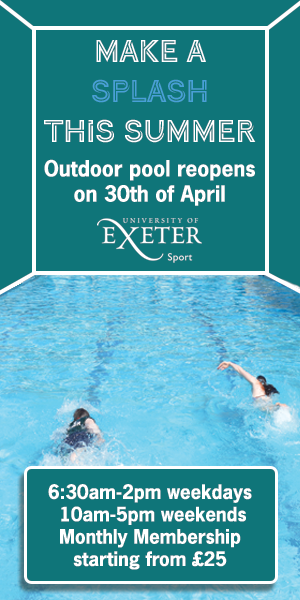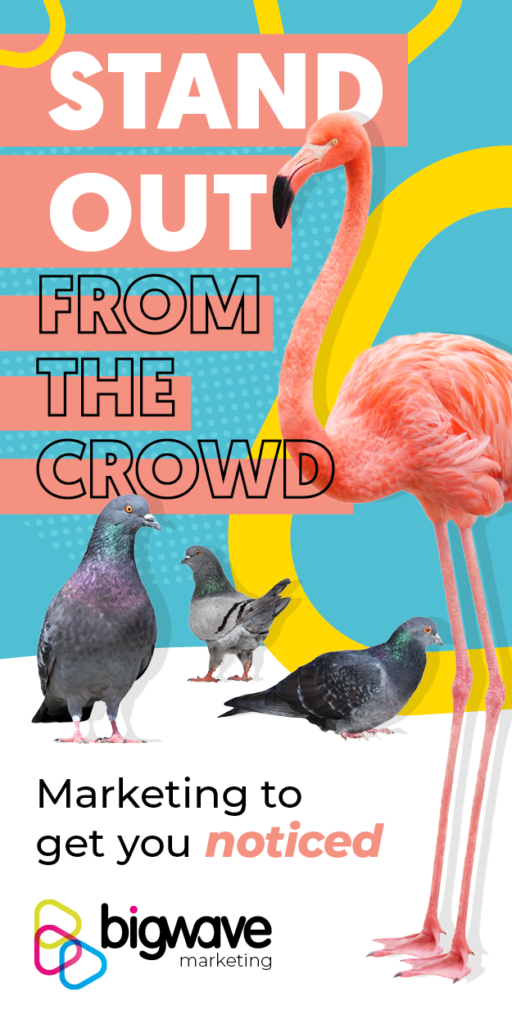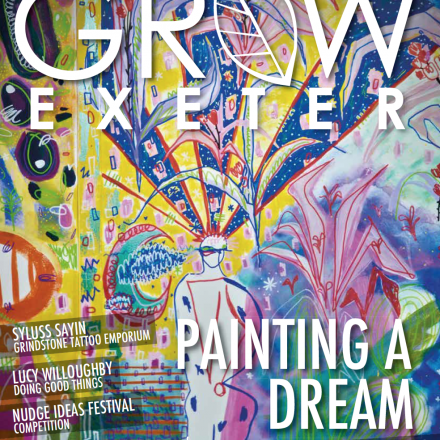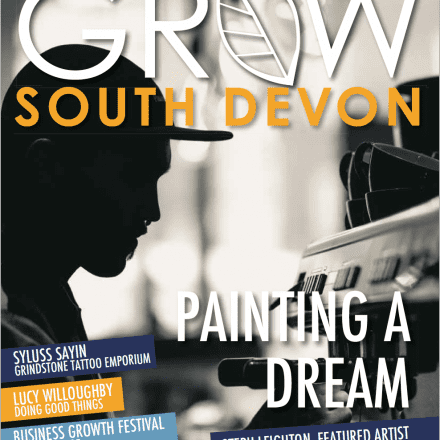
Count On… You
All Content by Oliver Mahoney
When we think about the question of how to live more sustainably, we often find it hard to make a change for the better (and trust me you don’t have to suddenly become a vegan). Sometimes this idea of sustainability feels ethereal and hard to grasp. Also, the change needs to be something we can stick to; it needs to be viable.
I am one of those people who finds it hard to know what to do… especially when faced with all the advertisements for “sustainable this”, and “green that”. I find it somewhat hard to believe that buying more products like bottles, tote bags, or keep-cups, is going to help me lower my environmental impact. I want to become more self-sufficient, not more dependent on “sustainable” things.
“No kernel of nourishing corn can come to him but from his toil bestowed on that plot of ground that is given to him to till… none but we know what we can do, nor do we know until we have tried” – Self-Reliance, Ralph Waldo Emerson
Emerson’s influential essay (Self-reliance) couldn’t be more applicable today – we have the world at our fingertips (it is the “plot of ground given to us to till”) so maybe we should do something with it, and most importantly do it ourselves. After all, we don’t know what we’re capable of until we have tried.
So why not get out there and learn something, it might be fun! Inspired by Emerson, I took my hammock, sleeping bag, axe, and a beginner’s fishing rod out to the lake district to try just that. I’ve never been fishing before; I didn’t have to… Decathlon’s 30-quid beginners kit did all the work for me with a little instruction book and everything I needed to get started.
Sustainability is just as much about what we know, as it is about what we do.
The more informed we can be about where our food comes from, as well as how to do it ourselves, the more confident we can feel. We can start to question how the food we eat and the products we use are sourced and made. This self-confidence empowers us to be more focused on the process as well as the consumption. This doesn’t just make us more sustainable – it makes us happier! Your fish (or whatever it is you learn to do) aren’t just going to be food anymore, but maybe also a great time out with a friend, facing new challenges and learning important lessons.











